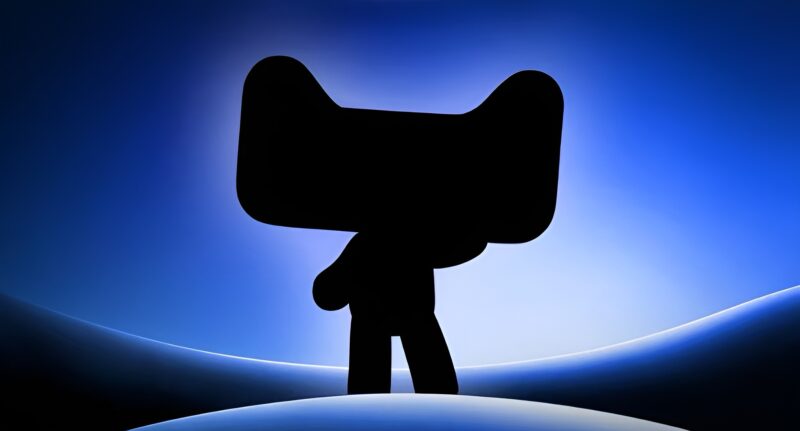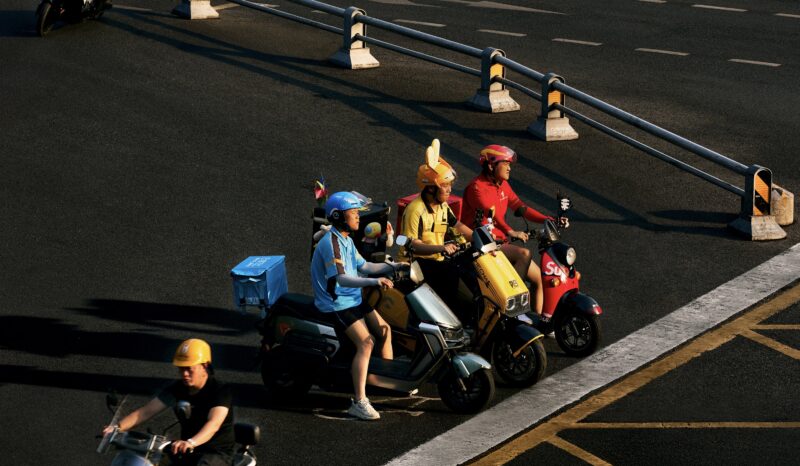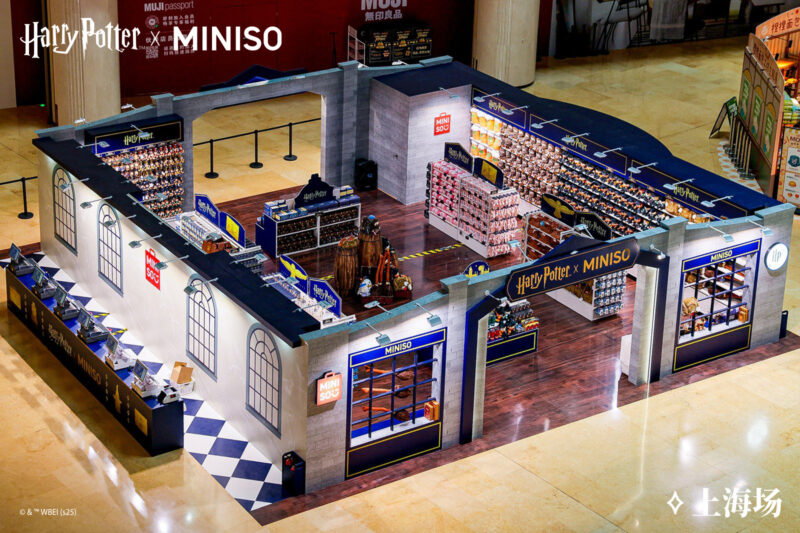French skincare brand La Roche-Posay is celebrating its 50th anniversary this year. For the event, the brand launched a pop-up space for the public to immerse themselves in the science behind its “thermal spring water”. However, one of its staple products, the “Thermal Spring Water” spray, has recently faced backlash in China because the ingredient is just water.

Chinese netizens have a history of expressing perplexity about the pricing of luxury and high-end products. This time, many began questioning why the ingredient of the spray is listed as only water. The thermal spring water is the foundation of the brand La Roche-Posay, named after the village in France where it gets its water from and is a key ingredient in many of its products. The spray, of course, is the ingredient in its purest form. After going viral, the brand responded that the water is special, and the nozzle also has costs. However, for 129 RMB (18.09 USD) per bottle, the ingredient can hardly justify the price.
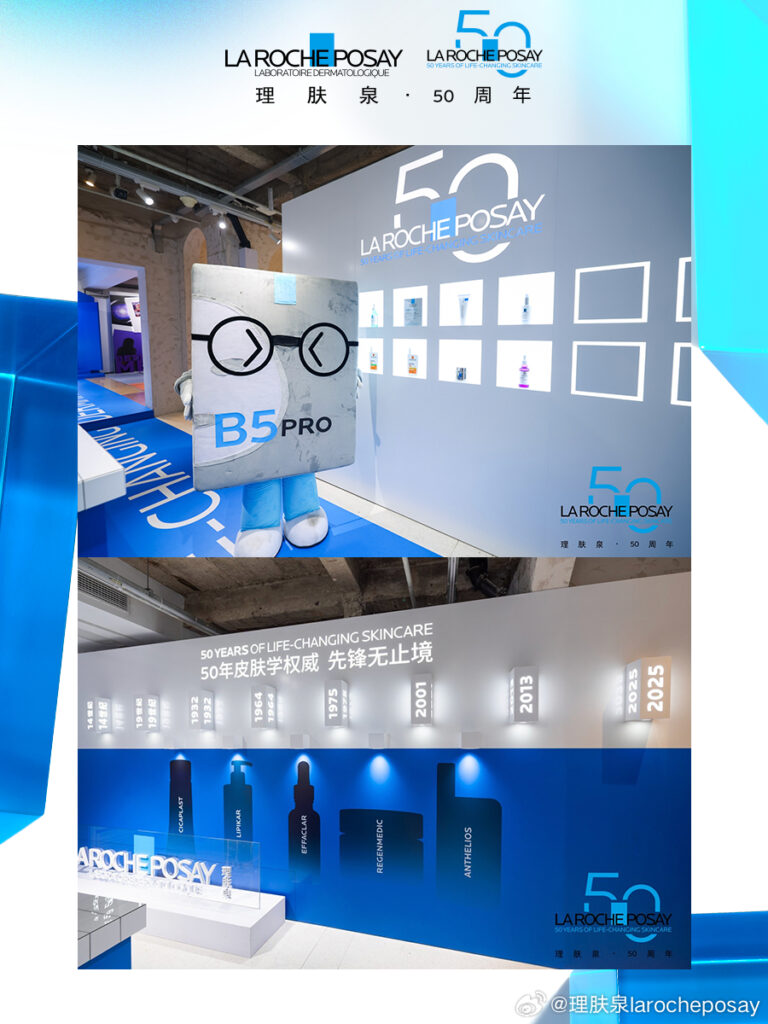
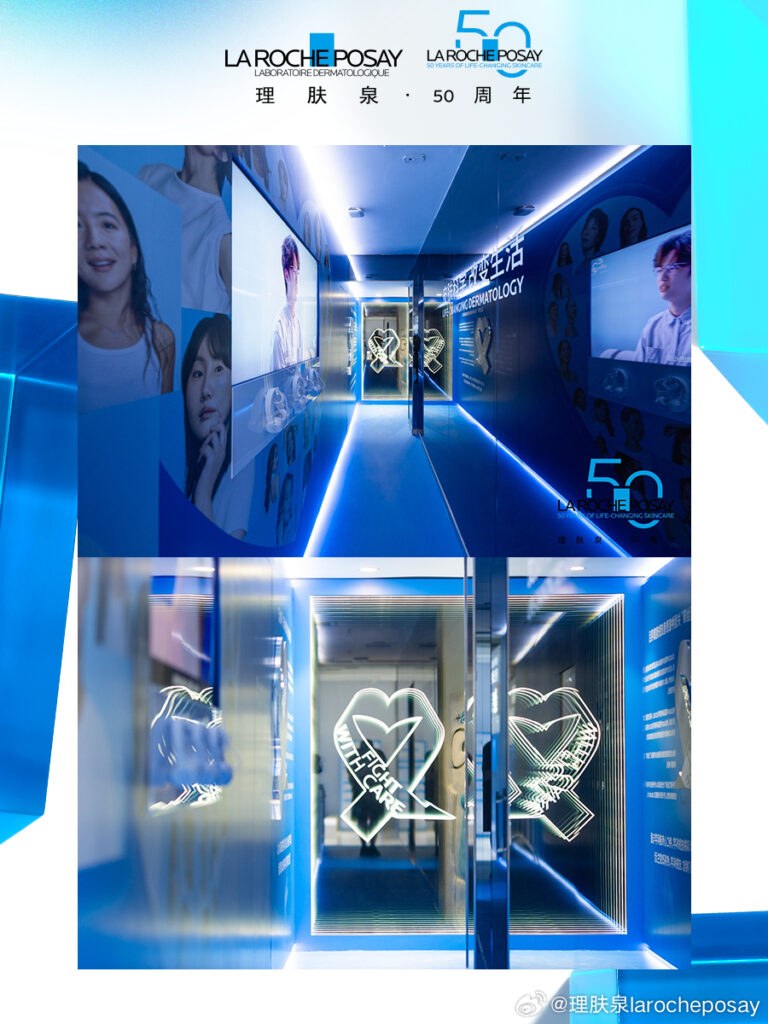
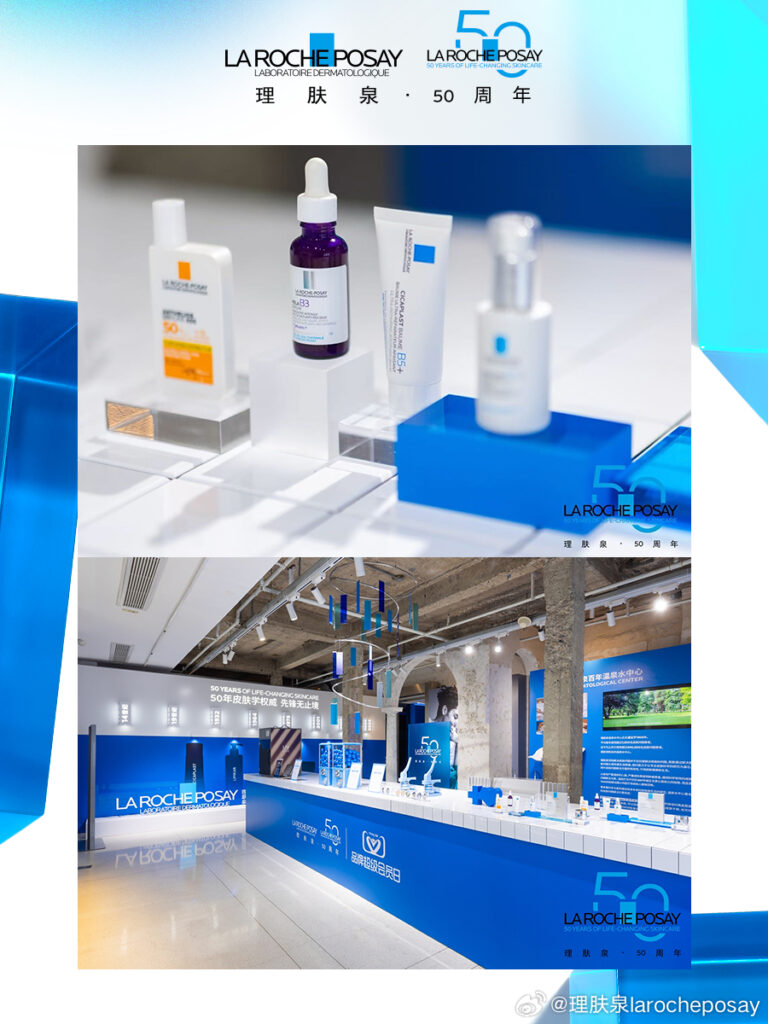
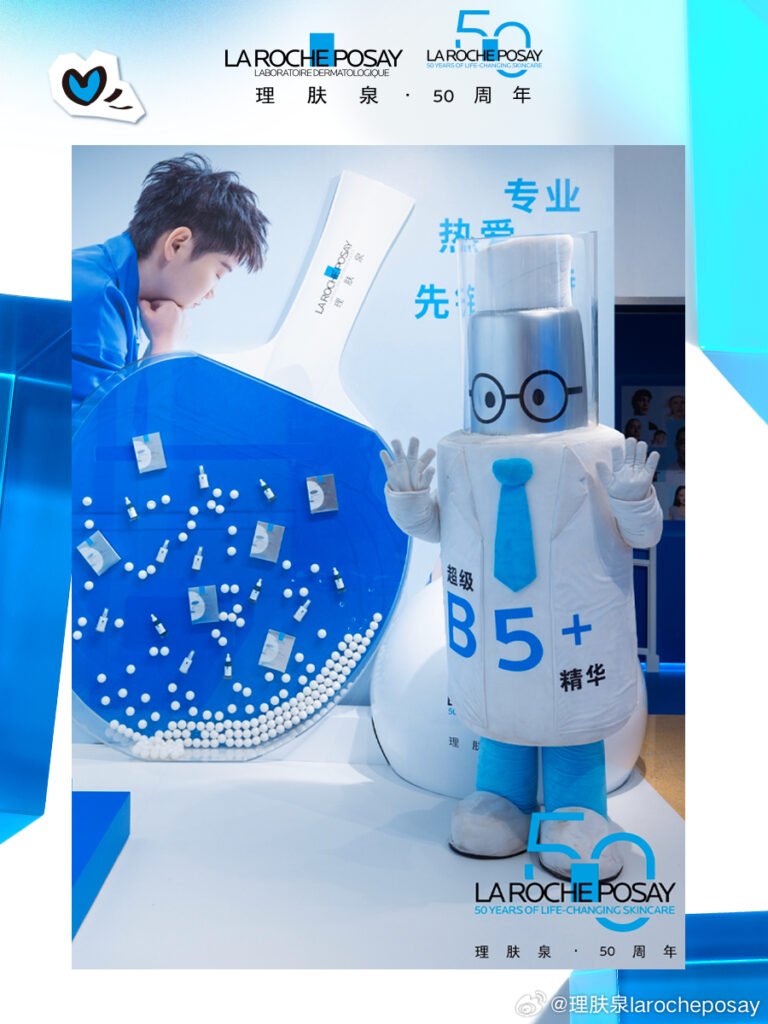
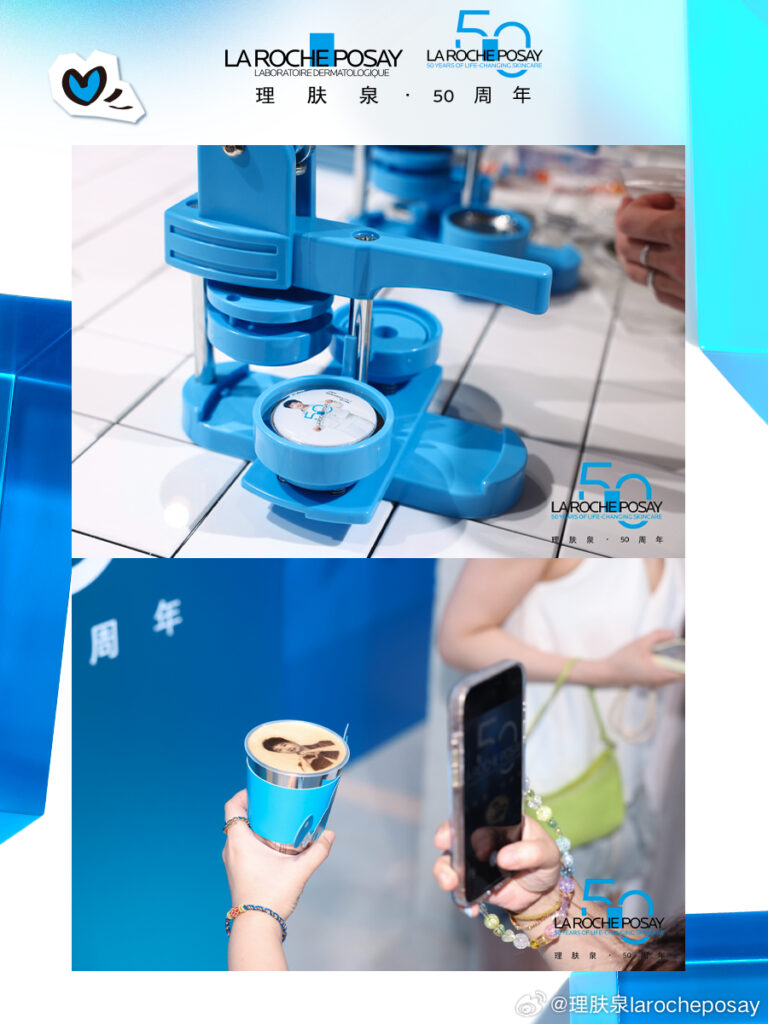
- #理肤泉回应上百元喷雾成分只有水 La Roche-Posay responds to the over 100 RMB spray being just water: 48.88 million views on Weibo, ranking number 2 on the Hot Search list
- #理肤泉上百元喷雾被指成分只有水La Roche-Posay over 100 RMB spray accused of being just water: 15.16 million views on Weibo, ranking number 18 on the Hot Search list
While many netizens were outraged by the news, others reacted more calmly. Some replies said that the spray has always been only water. It is interesting that there has been a delayed reaction from netizens, who only after the brand launched a pop-up for the very ingredient, did they these raise issues. For a long time, premium and luxury brands have always been discussed by those “in the know” and much of the premise accepted. But when the brands begin to try to raise awareness and appeal to more people, many who are not familiar with the brand narrative might be taken aback. The La Roche-Posay controversy is an example of this phenomenon.
Need to boost your China strategy? Dao Pro delivers bespoke insights on marketing, innovation, and digital trends, direct from Chinese sources. Find out more from our Dao Strategy Team here.





